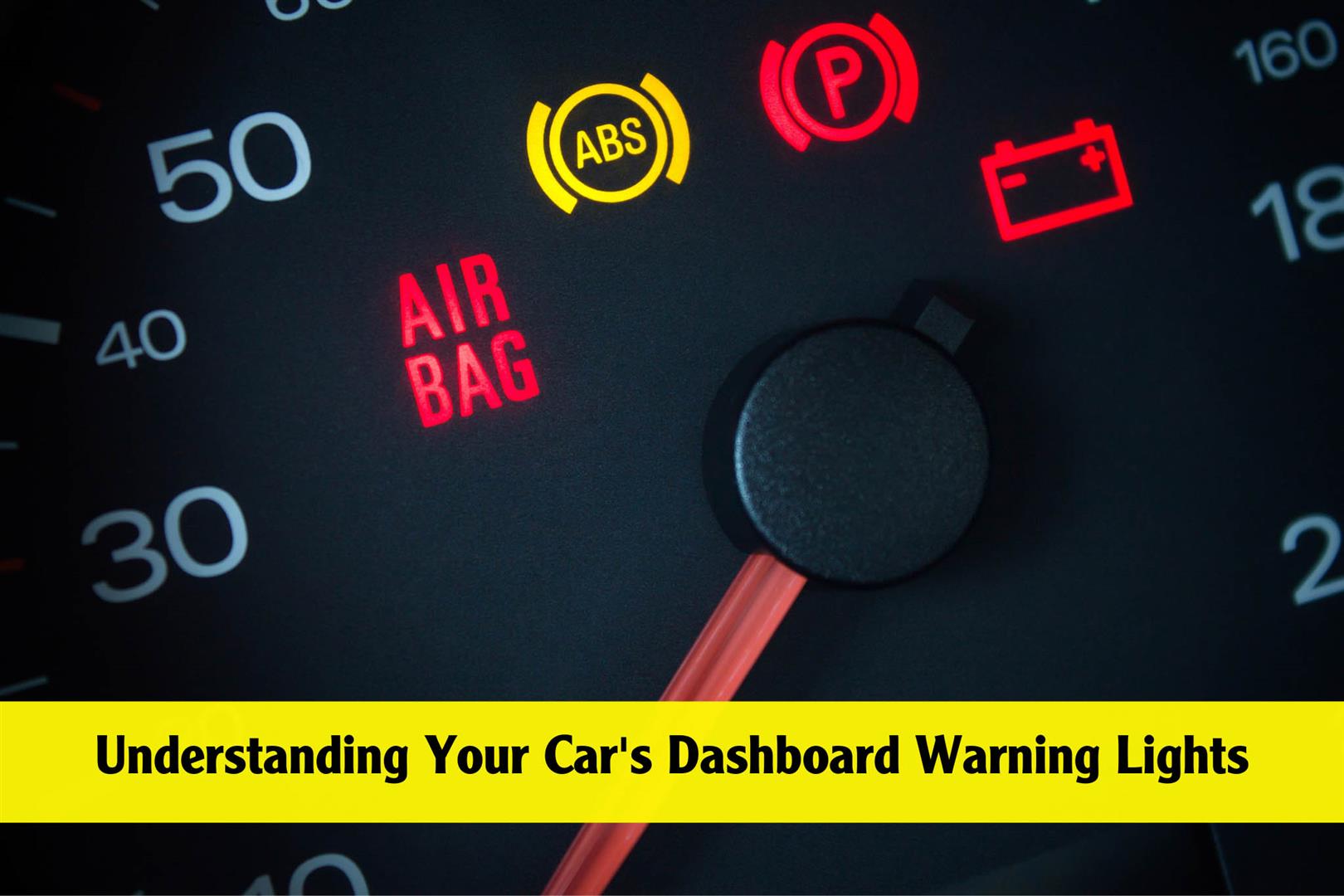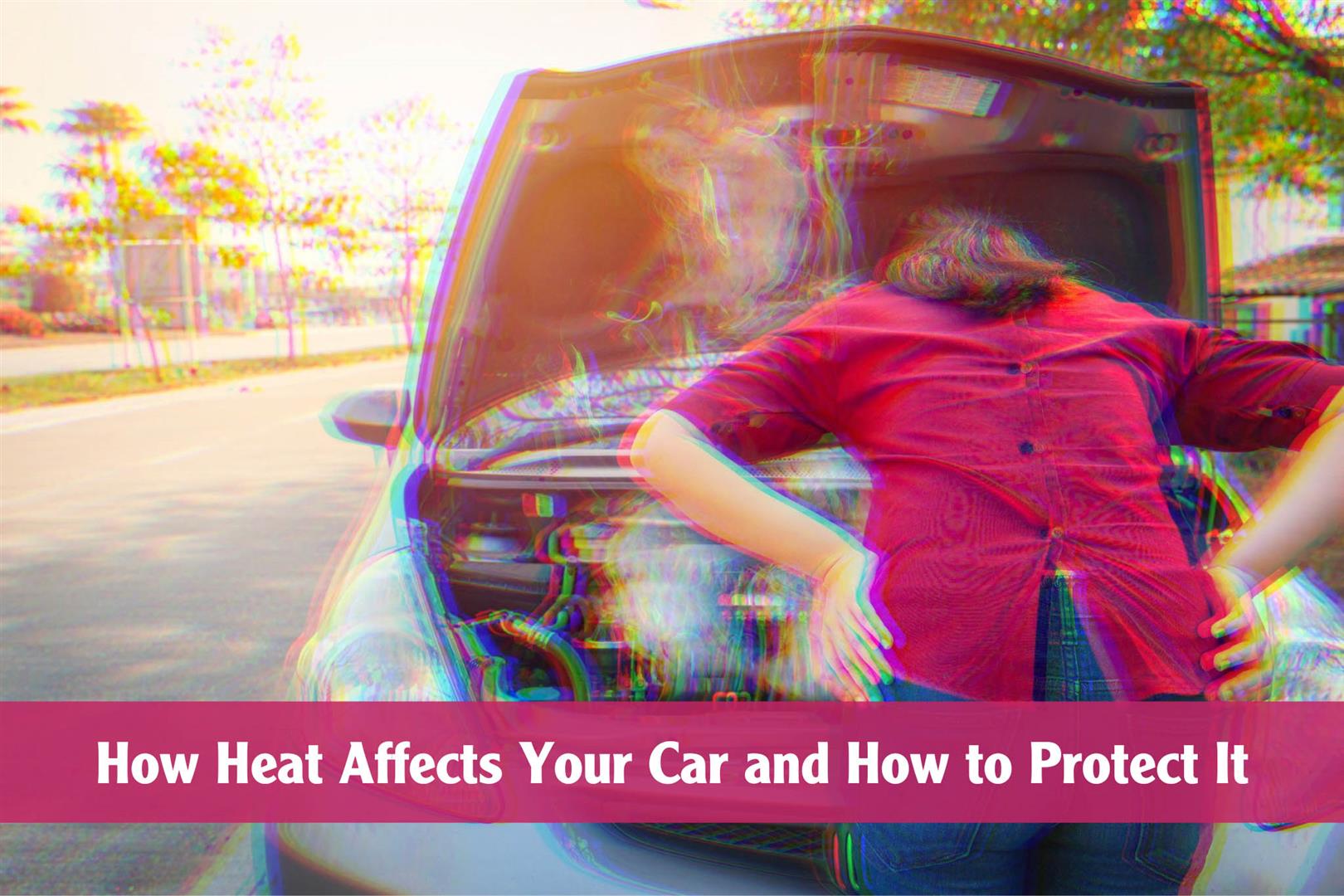Posted on 8/26/2024

Your car’s dashboard lights are its way of communicating with you, especially when something needs attention. While some warning lights might seem alarming, understanding what they mean can help you take the right action before a small issue turns into a big problem. Let’s break down some of the most common dashboard warning lights and what you should do if they come on. Check Engine Light The check engine light is one of the most common and often the most misunderstood warning lights. It can indicate anything from a loose gas cap to a serious engine issue. If this light comes on, don’t panic. Check your gas cap first to make sure it’s tight. If the light stays on or starts flashing, it’s best to have your car checked by a mechanic as soon as possible to avoid potential damage. You can stop by anytime for a FREE Check Engine Light Scan. We’ll run o ... read more
Posted on 8/19/2024

Summer may be winding down, but there’s still plenty of time for road trips. Whether you’re heading to the mountains, the desert, or just exploring the open road, the last thing you want is for car trouble to ruin your adventure. To help you enjoy a smooth trip, let’s look at some common road trip car issues and how to avoid them. Flat Tires Flat tires are one of the most common issues drivers face on the road, and they can happen for various reasons, from low tire pressure to sharp debris on the road. To avoid a flat tire during your trip, check your tire pressure before you head out. Ensure it matches the manufacturer’s recommended PSI, which you can find on the driver’s side door jamb or in your owner’s manual. Also, inspect your tires for any signs of wear, such as cracks or low tread. If your tires are worn, it might be time to replace them before your trip. It’s also a good idea to familiarize yourself with how to chang ... read more
Posted on 8/12/2024

Summer in Boulder can be hot, hot, hot! And while most Boulderites enjoy the sunshine, our cars don’t always fare as well. High temperatures can take a toll on various parts of your vehicle, leading to potential issues if not properly managed. Let’s take a look at how heat affects your car and what you can do to protect it. Battery Drain Heat can actually cause your car battery to lose its charge more quickly. Hot weather speeds up the chemical reactions inside the battery, which can lead to overcharging and shorten its lifespan. If your battery is already a few years old, it might struggle in the heat. Regularly check the battery terminals for corrosion and consider having your battery tested before the heat really cranks up. Tire Pressure Fluctuations As temperatures rise, the air inside your tires expands, leading to increased tire pressure. Overinflated tires can cause uneven wear, reduce traction, and even increase the risk of a blow ... read more
Posted on 8/5/2024

A malfunctioning air conditioner can not only make your ride unpleasant but may also indicate underlying issues that need to be addressed. Here are the top five signs your car's air conditioning needs attention: Weak Airflow Weak airflow from your car's vents can signal various issues, including problems with the blower motor, ventilation ducts, or a clogged air filter. Additionally, reduced airflow may indicate refrigerant leaks, which will require immediate professional attention. Warm Air Nothing is more frustrating than your AC blowing warm air on a hot day. This could stem from low refrigerant levels, a malfunctioning compressor, or cooling fan issues. A diagnostic inspection is typically needed to pinpoint the problem. Strange Odors Musty or unpleasant odors emanating from your car's vents suggest the presence of mold, mildew, or bacteria in the AC system. These odors not only compromise comfort but also pose health risks. A ... read more